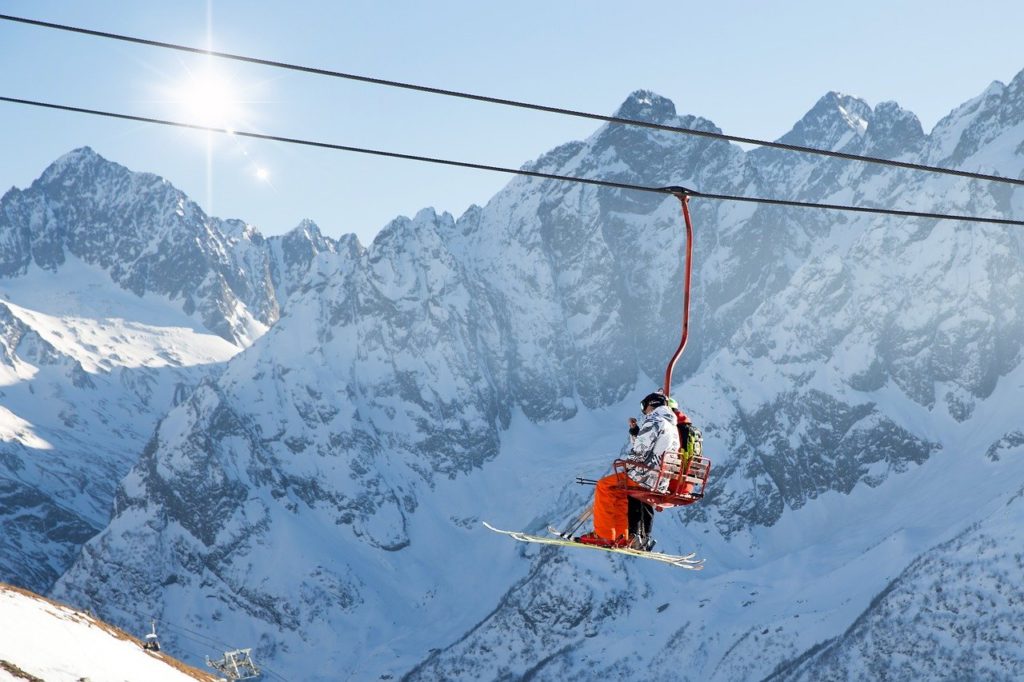Those planning a trip to France's mountains for a (ski) holiday during the winter break will face new coronavirus measures, the French Government announced on Monday.
The coronavirus health pass (or "pass sanitaire") is the French equivalent of Belgium's Covid Safe Ticket (CST) and since the summer is required to enter most indoor establishments including cafés and cinemas as well as for some long-distance travel and events across France. Now, the pass will also be needed in various places on and around the slopes.
For visitors from Belgium, a CST will also be accepted in France thanks to the European Commission's portal that allows the EU Member States to recognise each other's certificates.
However, the rules for vaccination, recovery and testing – the three elements of the CST – are different in France and Belgium.
24-hour test result
As of yesterday (Monday), a negative test result – either PCR or a self-test – must be obtained within 24 hours of entering France. By contrast, entry into Belgium requires a negative PCR test no more than 72 hours old or a self-test that was taken within 48 hours.
"Self-tests carried out under the supervision of a health professional are recognised as proof for the 'health pass' but not for border crossings between countries," a statement on France's government website read.
Once in France, the situation becomes even more complex for unvaccinated people, as they will have to get tested every 24 hours to do anything – from getting on ski lifts to entering hotels, bars and restaurants. They will also have to pay an additional fee for every test.
Related News
- No crowds, limited events: these measures take effect today
- Closing borders and new travel restrictions: Countries react to Omicron variant
At the start of the month, Prime Minister Jean Castex announced that the health pass would not be required for skiing unless the national incidence rate exceeds 200 per 100,000 inhabitants. Given that the current incidence rate is 292.13, the health pass system has been extended to winter activities.
Wearing a face mask is mandatory in all indoor areas from the age of 11, including in the ski resorts, on ski lifts and in the queues for those lifts.
Booster dose required
France will soon also tighten the rules for the vaccination certificate aspect of the health pass. On Saturday 27 November, booster doses were made available for all people aged 18 who received their last vaccine dose at least five months ago.
As of 15 December, the QR code for anyone aged 65 or over who has not received a booster shot will no longer be valid when crossing the border between Belgium and France or when using the CST in France. Those who have not received the booster shot will, therefore, also need to get tested.
From 15 January 2022, this measure will be extended to anyone over 18 who had their last dose of vaccine before 17 June. They will need to have had their booster by 15 January for their vaccinated status to be accepted for the health pass.
Belgium's booster dose campaign is slightly delayed in comparison to France's – all adults are expected to have been given the chance to get a booster shot by March 2022 – meaning that even those who are presently considered fully vaccinated may not be able to enter France.
Effectively, the booster dose will soon be considered part of the vaccine course in France and anyone who has not received it will not be classified as fully vaccinated.

